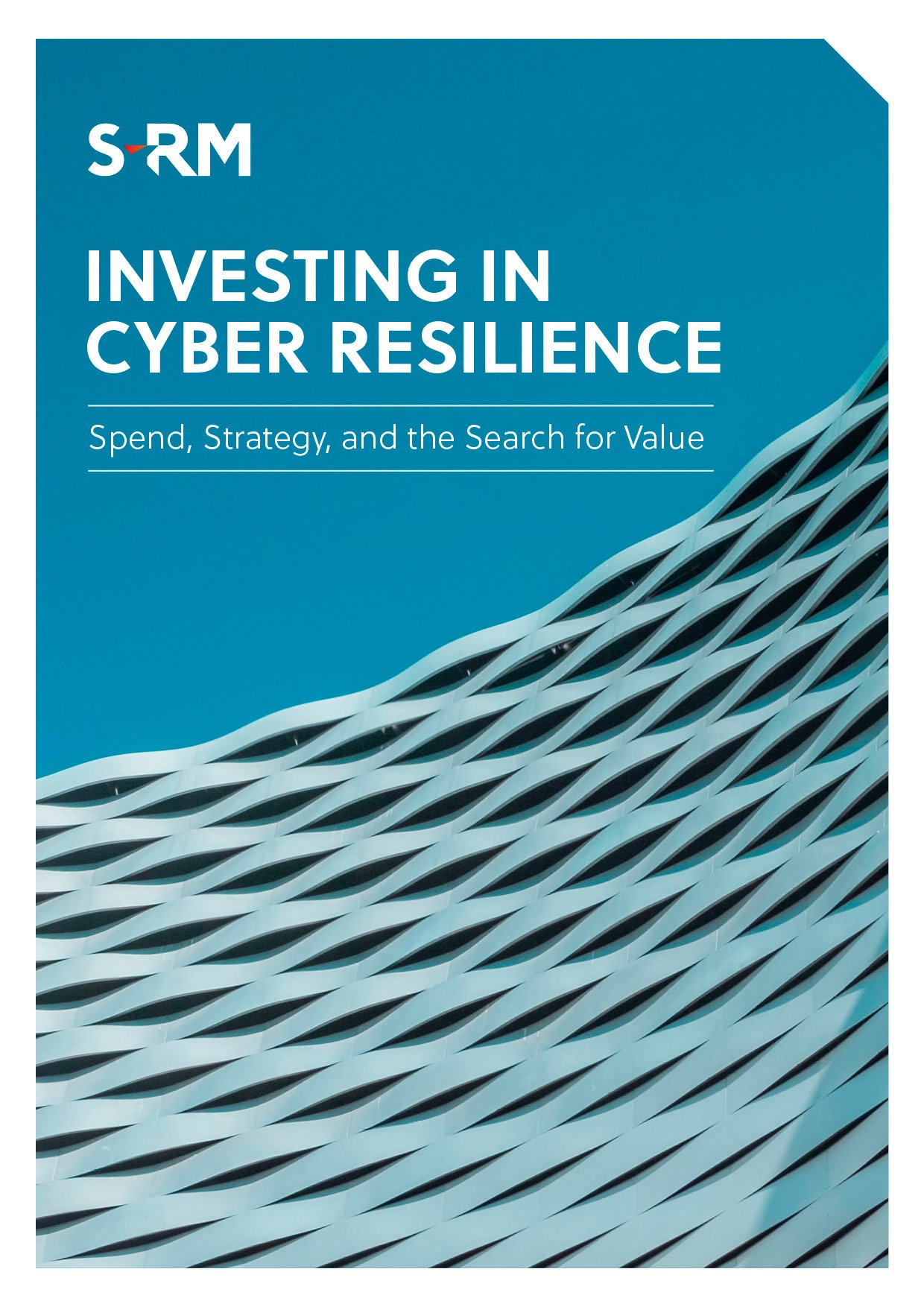 In the past two years, M&A in the Middle East and North Africa region has consolidated into fewer, but larger, deals.
In the past two years, M&A in the Middle East and North Africa region has consolidated into fewer, but larger, deals.
For example, Amazon’s 2017 acquisition of Souq.com, a Middle East-based e-commerce company, encouraged companies across a range of sectors in the region to focus on the digitisation of business processes, raising the prospect for deals in a number of sectors such as fintech, telecommunications, automotive and retail.
This trend is likely to persist throughout 2019; nonetheless there are various substantive reforms proposed by regional governments that look set to be key drivers for deal-making. The loosening of foreign ownership rules in Saudi Arabia, government digitisation in the UAE and the IMF-supported economic restructuring in Egypt should generate unique opportunities for foreign investors.
THERE ARE, HOWEVER, A NUMBER OF CONSIDERATIONS AND POTENTIAL CHALLENGES THAT DEALMAKERS SHOULD CONSIDER WHEN LOOKING TO INVEST IN THE REGION:
1. The appointment to executive or directorship positions of politically connected individuals and members of royal families.
This can impact the ability to influence decision-making and make investments vulnerable to regime change or political considerations. However, in the GCC in particular, royal families can comprise thousands of members and relationships are opaque, making it difficult to determine if an individual is really part of the inner core and wields significant political power.
Effective due diligence will look at individuals’ family and professional connections from a range of sources in the local language, and use regional contact networks to get the inside track on individuals and companies’ political links.
2. Lack of transparency or up-to-date information on shareholding structures and finances, as well as on legal or regulatory proceedings.
Target companies may take advantage of the prevalence of low disclosure requirements across the MENA region to avoid providing the information you need to make an informed investment decision. For example, litigation is rarely reported on in the press, and hidden shareholders, particularly in subsidiary companies, may not be apparent.
We access the most up-to-date and accurate information on companies based in the region through proprietary databases and by manually searching and retrieving documents from registries across the region. Where necessary, we also leverage local networks of MENA-based contacts to obtain information not available through public searches.
3. Payment of bribes to win contracts, and low-level corruption in essential tasks.
These risks are particularly prevalent when the target company has regular interactions with public authorities. In addition to the concerns corruption and financial malfeasance can pose to the integrity of the business, the pursuit of key principals by authorities can also impact on business continuity.
For example, we have conducted several pre-transactional investigations on Egyptian counterparties for European commodities traders. We focused on how the interactions between these companies and certain state-owned entities presented bribery and corruption risks. Our investigations uncovered that several companies had ties with the Egyptian Armed Forces, which they had improperly leveraged to secure public tenders in both Egypt and Sudan.
4. Governance and managerial concerns around family- and government-owned companies.
These target companies are often characterised by a reluctance to cede management control, or where the deal involves the acquisition of a small minority stake, the investor can find themselves unable to exert sufficient influence in an investee or portfolio company.
As part of the due diligence process, developing discreet contacts close to the target company in order to understand the specific dynamics of the management team, and the hidden levers on decision-making, can help investors to develop and fine-tune their strategy.
5. Reliance on a government policy or subsidy.
Particularly in jurisdictions where government involvement in the commercial environment is characteristically high, target companies may be reliant on a particular policy or sector subsidy for their existing business model. In investments where the target company is vulnerable to political, policy or regulatory changes, we conduct enquiries with contacts close to decision making to determine the nature and risk of these potential changes.
S-RM’s deal advisory practice helps investment teams navigate M&A challenges across the Middle East and North Africa, where our due diligence focuses on the specific issues that matter most for each deal. We use our extensive, trusted global source and advisory networks, and our Middle East and North Africa team comprises Arabic, Farsi, Turkish, French and Hebrew linguists with skilled research expertise.




 Email Natalie
Email Natalie






 @SRMInform
@SRMInform
 S-RM
S-RM
 hello@s-rminform.com
hello@s-rminform.com

